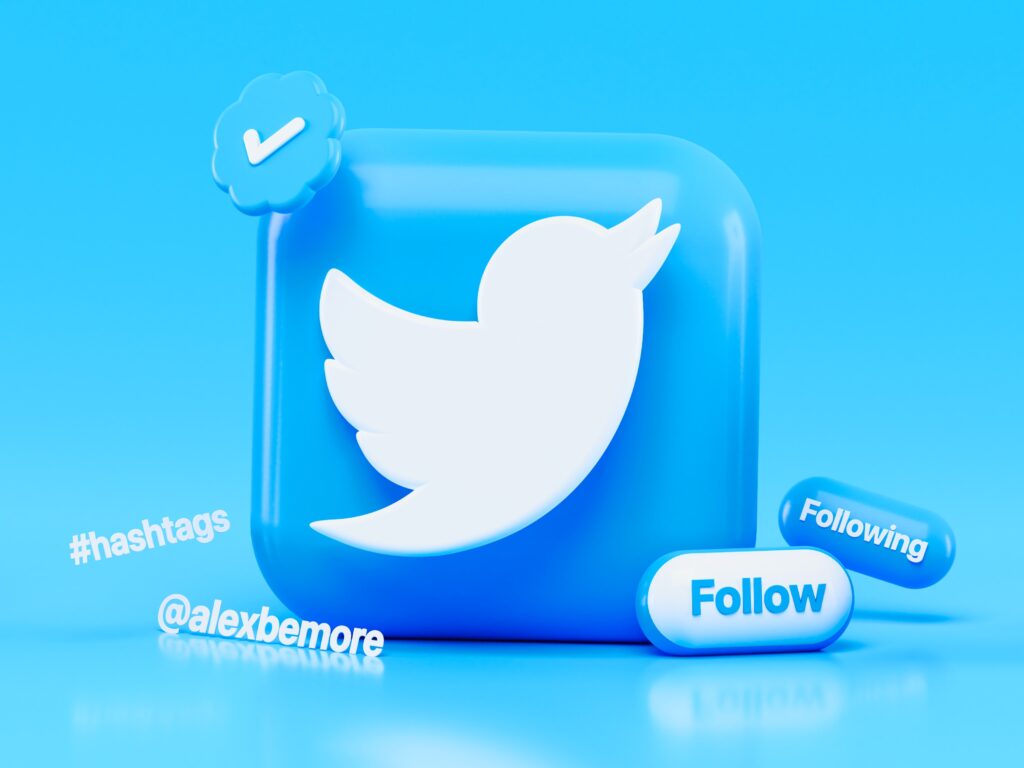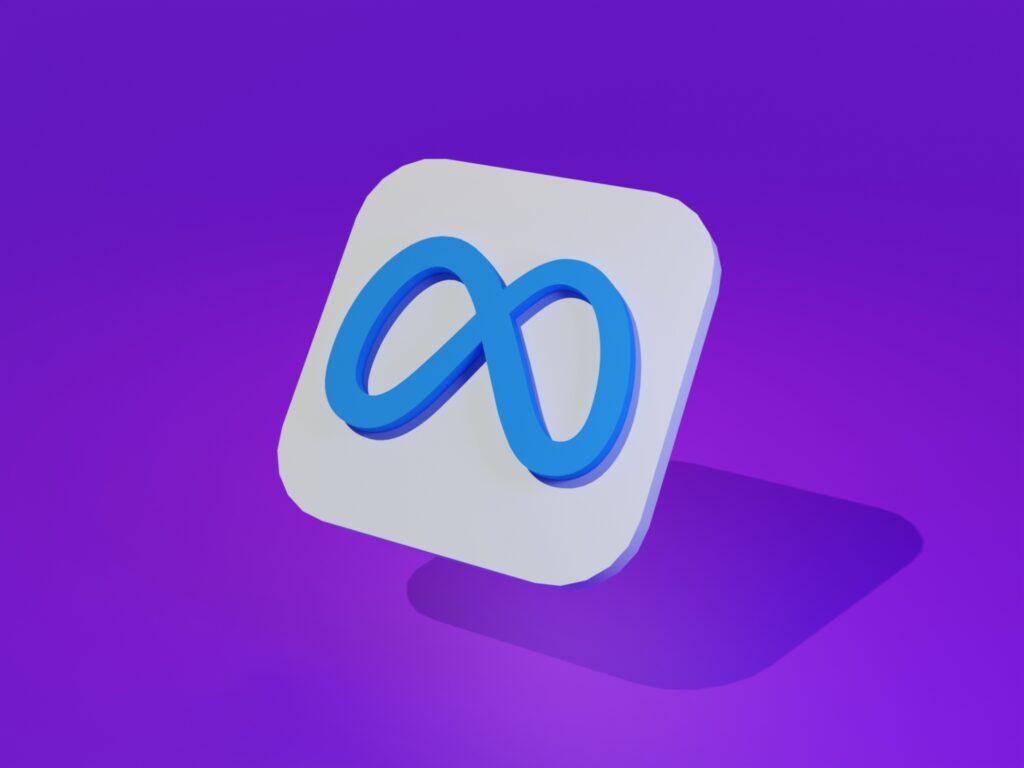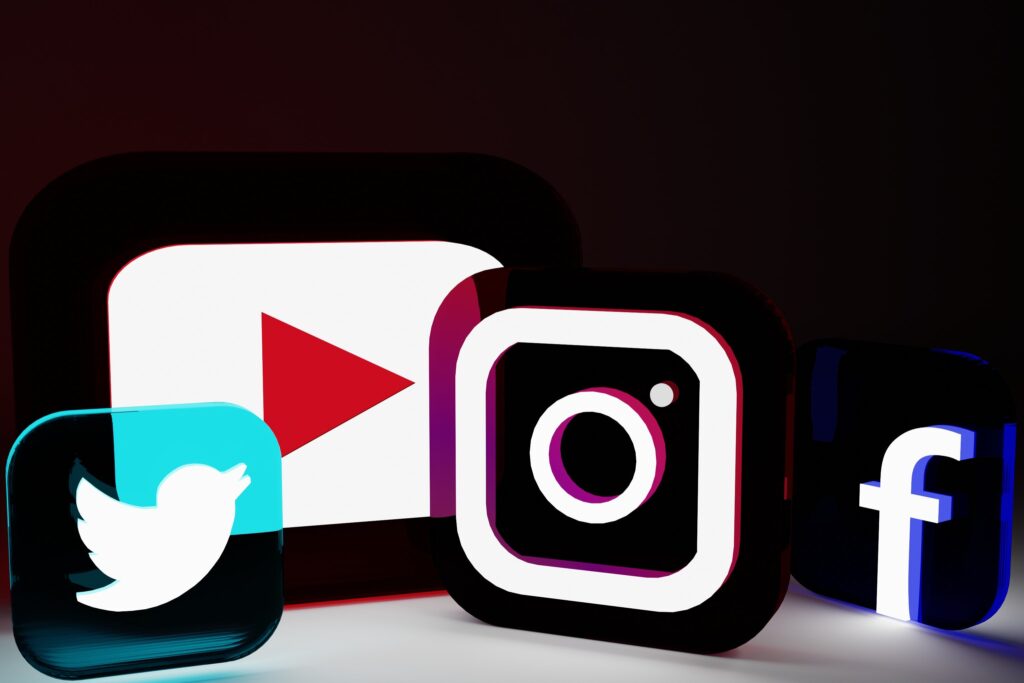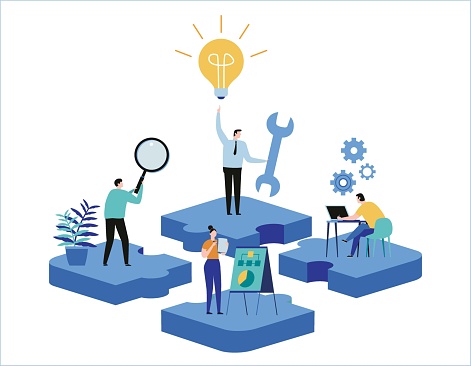Have you been feeling overwhelmed by the sheer quantity of information you have to read every day (online). Well, you are not alone. As far back as April 2008, Betsy Schiffman wrote in Wired magazine:
“now that the first burst of enthusiasm for social networking has died, people are now realizing that web 2.0 is actually a huge time sink. Facebook, twitter, flickr and plaxo may have helped foster community and communication, but they ‘ve also added immensely to the flow of often—interruptive messages that their users receive, leading to information overload and possibly a nasty internet addiction”
And even if before now you have not seriously considered scaling back on the amount of time you spend on the net, you should for the following reasons:
There are too many information on the net and you just can’t have the time to read them all.
The brain has limited capacity. Try to read for twelve hours nonstop. At a certain point, the law of diminishing returns sets in and your rate of assimilation starts going down. After a while, you just realize your assimilation is zero.
More informed is not necessarily synonymous with better informed.
On a personal level, I realised a couple of years ago that I was spending too much time feeding on everything on the internet & like a thirsty man in the desert who suddenly found an oasis, I was gorging myself to stupor. I read all kinds of blogs, participated in social media (general and niche), subscribed to newsletters too numerous to count and, just before I know it, I was devoting more than five hours a day to devouring information.
But after a while, I came to the realization that I had to adopt a proactive approach to my internet activities if I was to remain productive and maintain my sanity. The following are some of the tips that helped me.
Determine what is important
This is about knowing the difference between need to know and like to know
Need to know: These are the information that are vital to our functioning effectively in our professional, social and economic lives. As an internet marketing practitioner, for instance, I need to be abreast of any change in ranking factors on search engines; new business application on social networks like Facebook and LinkedIn; and …..Likewise, a medical doctor obviously need to be up to date on advancements in his area of expertise.
Like to know: two of my favorite websites used to be Forbes magazine and Guinness records websites. The information I get from these sites are nice to know but add little or nothing to my professional and personal development—they are a kind of like to know. Like to know information and activities include things like checking status updates on Facebook; checking the hottest video on YouTube; reading the latest celebrity gossip…..
The point is that you should identify those sources that provide you with need to know information and the ones that provide you like to know. You determine the selection criteria but, be absolutely honest with yourself.
My suggestion is that you should eliminate or at least significantly reduce (to less than ten percent) the time you spent on like to know activities. This leaves us with the need to know.
Because all your need to know activities are not created equal and also because of time constraint, you should scale them base on your perception of their relative value. For example, after a personal audit, I decided to read only 6 blogs a day out of the about fifty I used to read before. My daily blog list now looks like this:
1. SEOmoz for internet marketing
2. Branding Strategy Insider for offline marketing
3. Copyblogger for internet copywriting
4. BNET for general business information
5. Jeremiah Owyang for social media marketing
6. Seth Godin for motivation
7. I also devote 3 hours every Saturday to numerous other blogs
Allot time to different activities
You should allocate specific time to your online activities. If you stay in a city with heavy traffic like Lagos (like me) for example, you‘ll probably spend hours in traffic every day. You can make good use of this time by using the time spent commuting to work for your need to know. The time spent commuting back can be spent on less demanding activities like social media.
This makes sense. Most people assimilate better in the morning. Thus, by visiting blogs and other quality information sources in the morning, you get optimum result from your reading.
Things you should avoid
Configure Twitter not to interrupt you at work
Don’t check email too often. Only check emails at predetermined schedules
Stay off instant messaging or at least disable sound alert in your instant messaging during office hour





